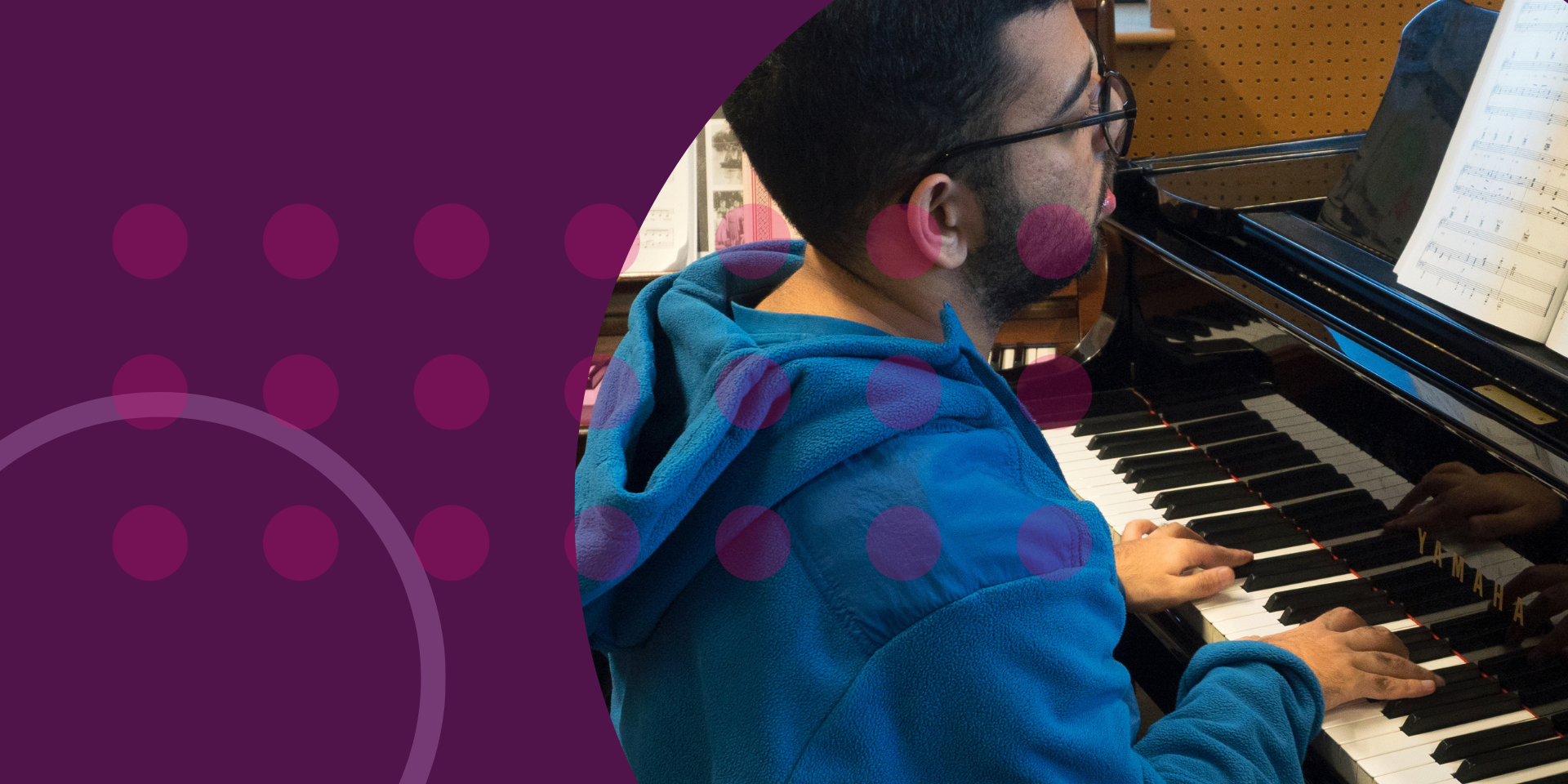
Introducing Trinity Stars — Young Performers Awards
BY: Nicola King
05 November 2025
In October we released our new awards for early years and primary school learners, Trinity Stars—Young Performers Awards. These awards replace our previous young learners qualification, Young Performers Certificates, and offer a fun first step towards English language, drama and performance achievement. In this blog we will answer your questions about Trinity Stars — Young Performers Awards.
What are Trinity Stars Young Performers Awards?
Trinity Stars—Young Performers Awards are an exciting suite of awards designed to support children’s development through play-based activities in language, communication, movement, understanding, creativity and teamwork.
Available at three levels - Bronze, Silver and Gold - these awards are perfect for building confidence, creativity, communication, teamwork and interpersonal skills in early years and primary school.
As a foundation for future awards and qualifications in English and Drama, these awards offer a flexible and supportive framework and are designed to suit:
- Kindergartens, nurseries and playgroups
- Primary schools
- After school clubs, summer schools and drama academies
- Institutions offering play-based and early years English language learning.
What is the difference between Trinity Stars and Young Performers Certificates?
If you have previously delivered Young Performers Certificates (YPC) the transition will be simple, with familiar performance formats and entry levels (Bronze, Silver and Gold). If you’ve already begun preparing children using the YPC format don’t worry - your work won’t go to waste. The new Trinity Stars — Young Performers Awards retain the same core format and classroom approach, so any preparation already underway can be carried forward and submitted for Trinity Stars — Young Performers Awards.
Trinity Stars — Young Performers Awards develops the YPC offer:
- The awards are aligned to early years and primary curriculums, and specific learning goals such as Teamwork, Communication, Understanding, Creativity and Movement are mapped to child development milestones.
- There are brand new support resources containing ideas for activities and games, nursery rhymes and poems, and cut out masks and flashcards that can be used in your classroom.
- The maximum group size for Trinity Stars — Young Performers Awards is 20 children, an increase on the YPC maximum group size, which should make this award more flexible and easier to adapt around your class.
What is involved?
Students work on stories, songs, nursey rhymes, and poems, these could be pieces they already know or ones they learn specifically, and put these together to make a performance. Teachers select the performance pieces that best suit their group’s needs and curriculum plans. This could tie into work you already doing in class for example perhaps you are working on a nativity play, or celebrating another holiday or religious event such as Diwali, or planning a class assembly about the Great Fire of London, to tie in with a Key Stage 1 History project.
Groups perform in a familiar environment such their own classroom, drama studio or workshops space, with support from their teacher or teaching assistant.
For the Bronze award performances last 5-8 minutes, and teachers can lead the children through the performance, taking part in the activity alongside the children, for example by acting as a narrator or by asking the children to imitate or follow their movements.
For the Silver award performances last 8-12 minutes, and teachers can support the children by guiding and prompting, for example offering verbal and physical cues for lines, lyrics or movements. Teachers can take part in the activity or offer support from the audience, or a mix of the two.
For the Gold award performances last 12-15 minutes, and teachers can support the children from the audience, or from the side of the performance area, for example giving prompts and directions where necessary, allowing the children to show independence.
What are the benefits of the award?
Trinity Stars — Young Performers Awards are a simple way to include and evidence skill development in your teaching, with awards matched to early years and primary school curriculums.
The awards are easy to embed into existing curriculum plans, and teachers can use the comprehensive support resources created by Trinity, or materials you already use with your students. There is no prior experience needed, and you do not need to be a drama specialist to deliver the awards - classroom teachers or teaching assistants can deliver with confidence.
Trinity Stars — Young Performers Awards also provide:
- Recognition and celebration: The award is a fantastic way to celebrate children’s learning and achievement. Every child entered receives a certificate and medal, perfect for award ceremonies or assemblies.
- Detailed feedback to support ongoing development: Teachers receive written feedback on the group’s performances, which provides valuable insights for future lesson planning and supports children's ongoing development.
How do I enter my students?
There are two entry methods you can choice from:
- You can book and enter for a digital exam, which would allow you to film the performance, and then upload the recording to our exam submission platform where it will be reviewed by our Trinity expert.
- You can arrange an in-class performance, where a Trinity expert will come out to your school/nursery/drama academy etc and watch the live performance.
For both entry methods the teacher will receive written feedback from our Trinity expert. An audience cannot be present during the assessed performance, but you can of course perform the piece again later for friends and family, if you wish to.
When can I get started?
Trinity Stars — Young Performers Awards are available for entry now, take a look at the information booklet to learn more.
Related posts
BY: Guest Writer




Comments & Replies